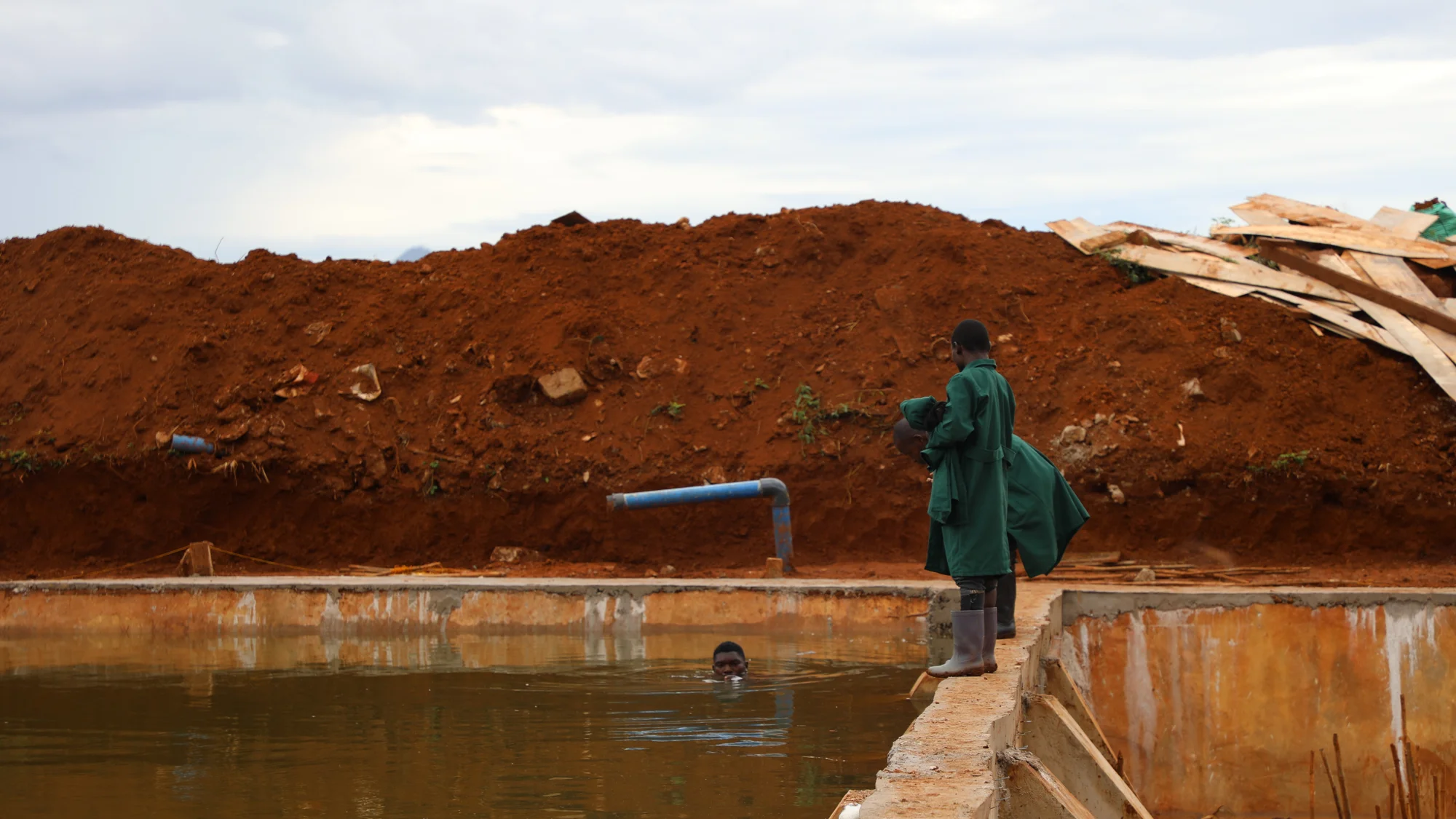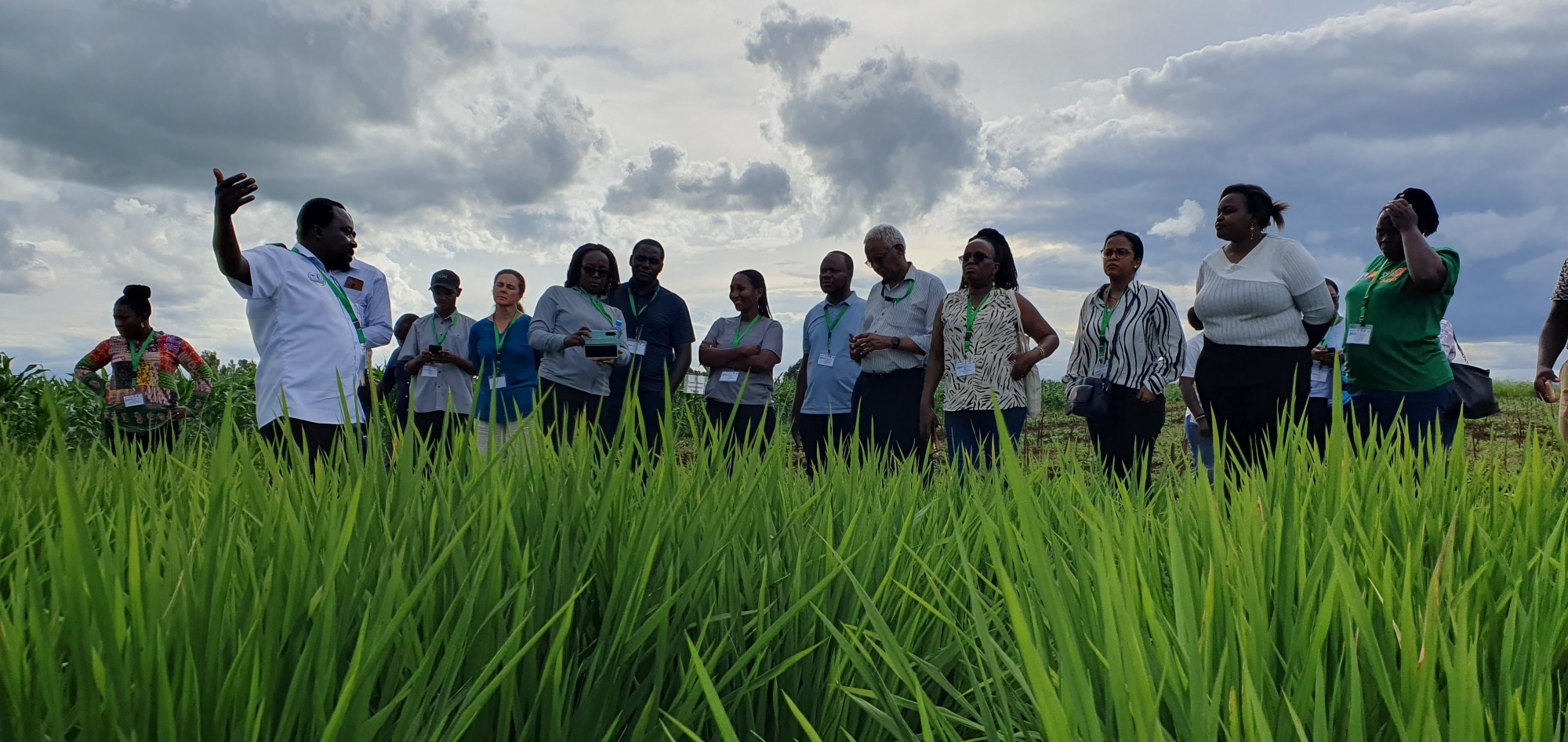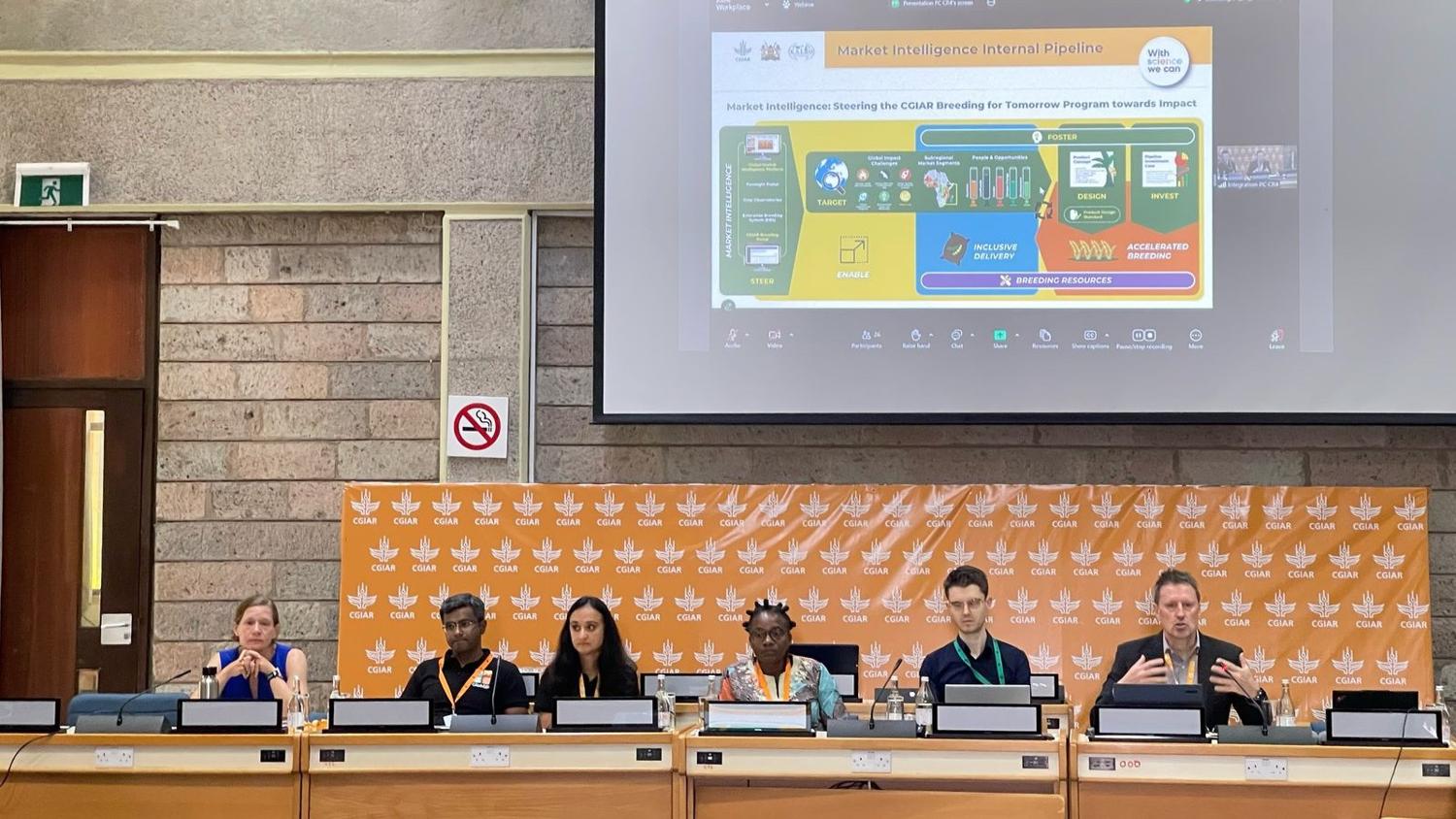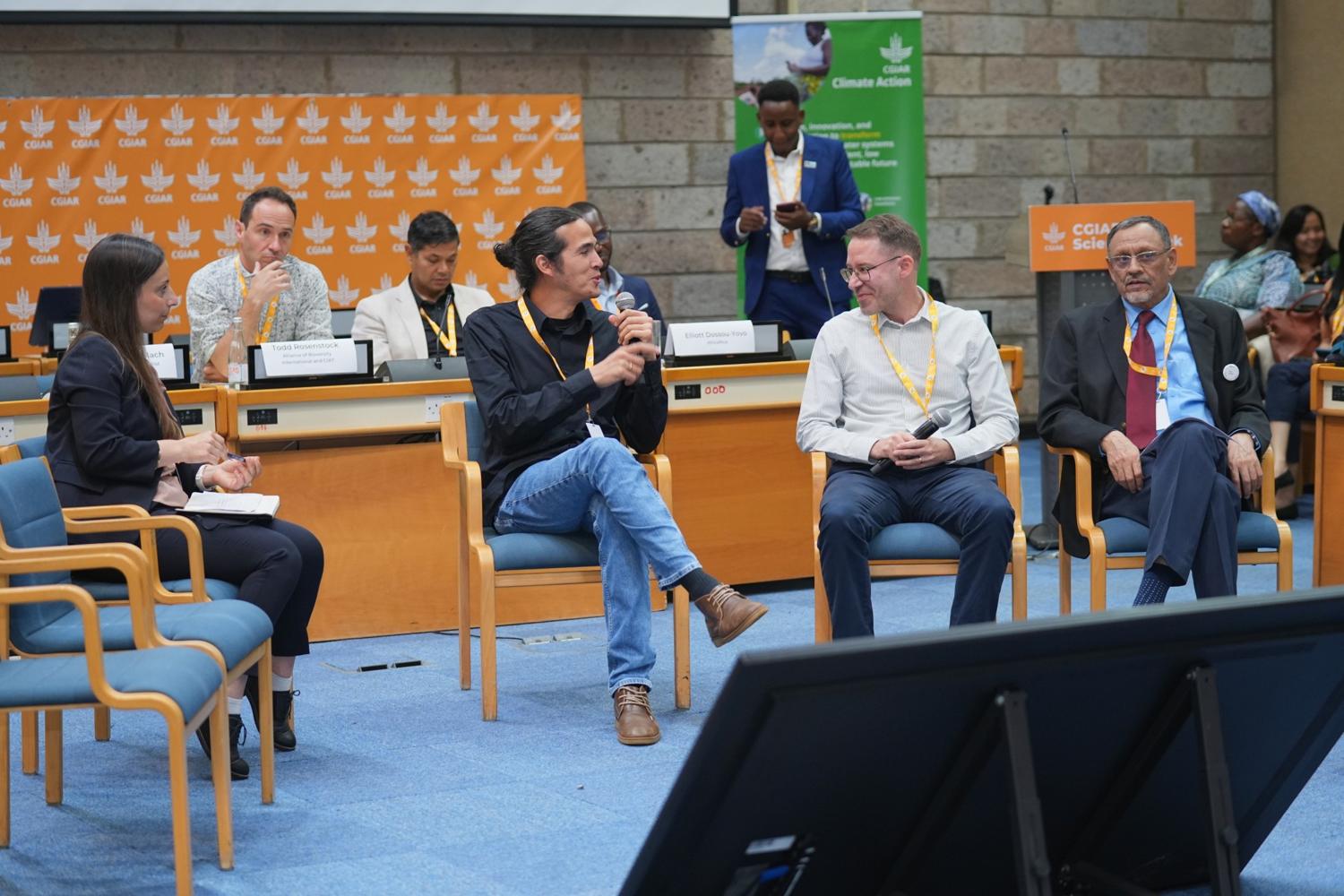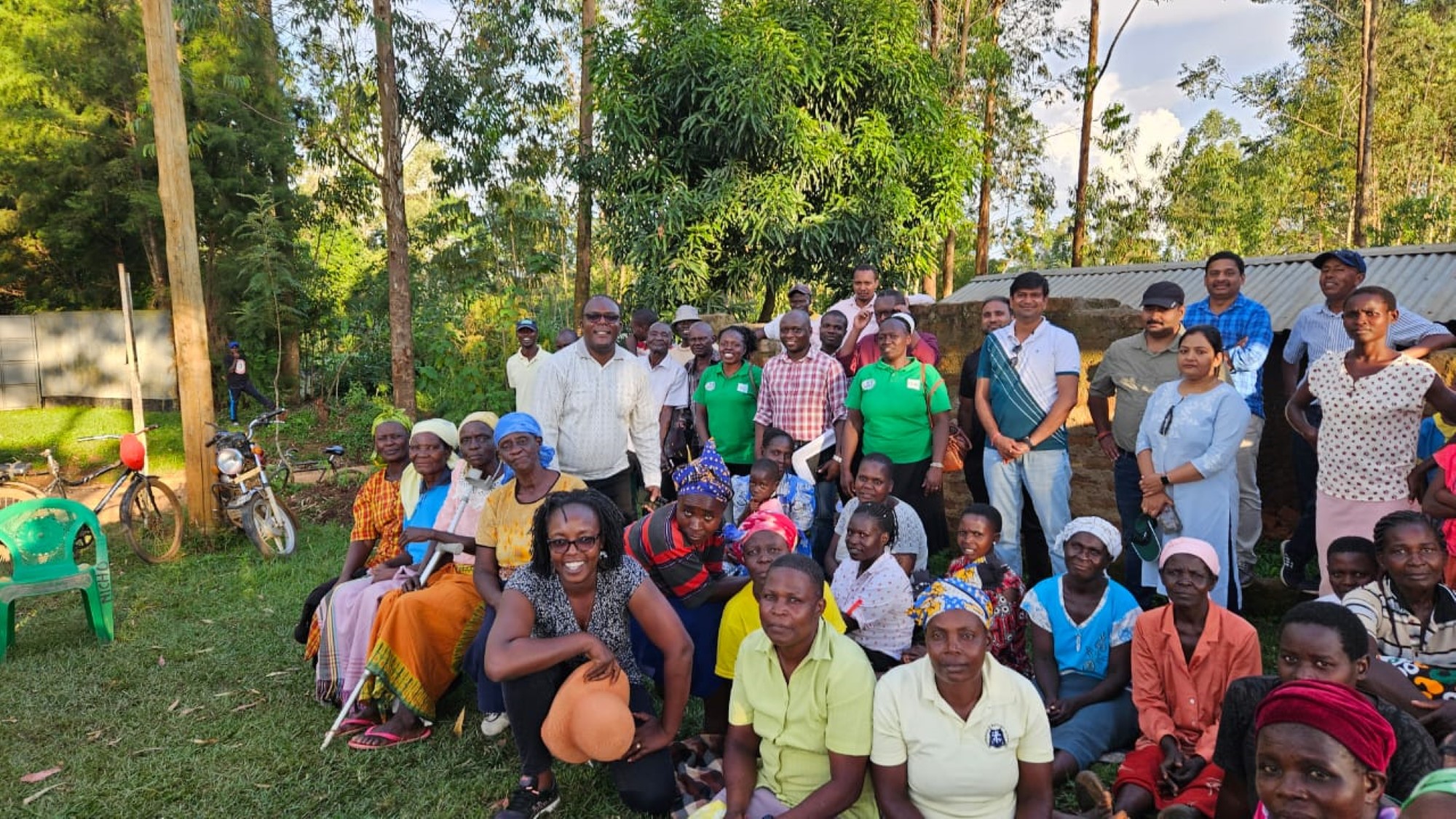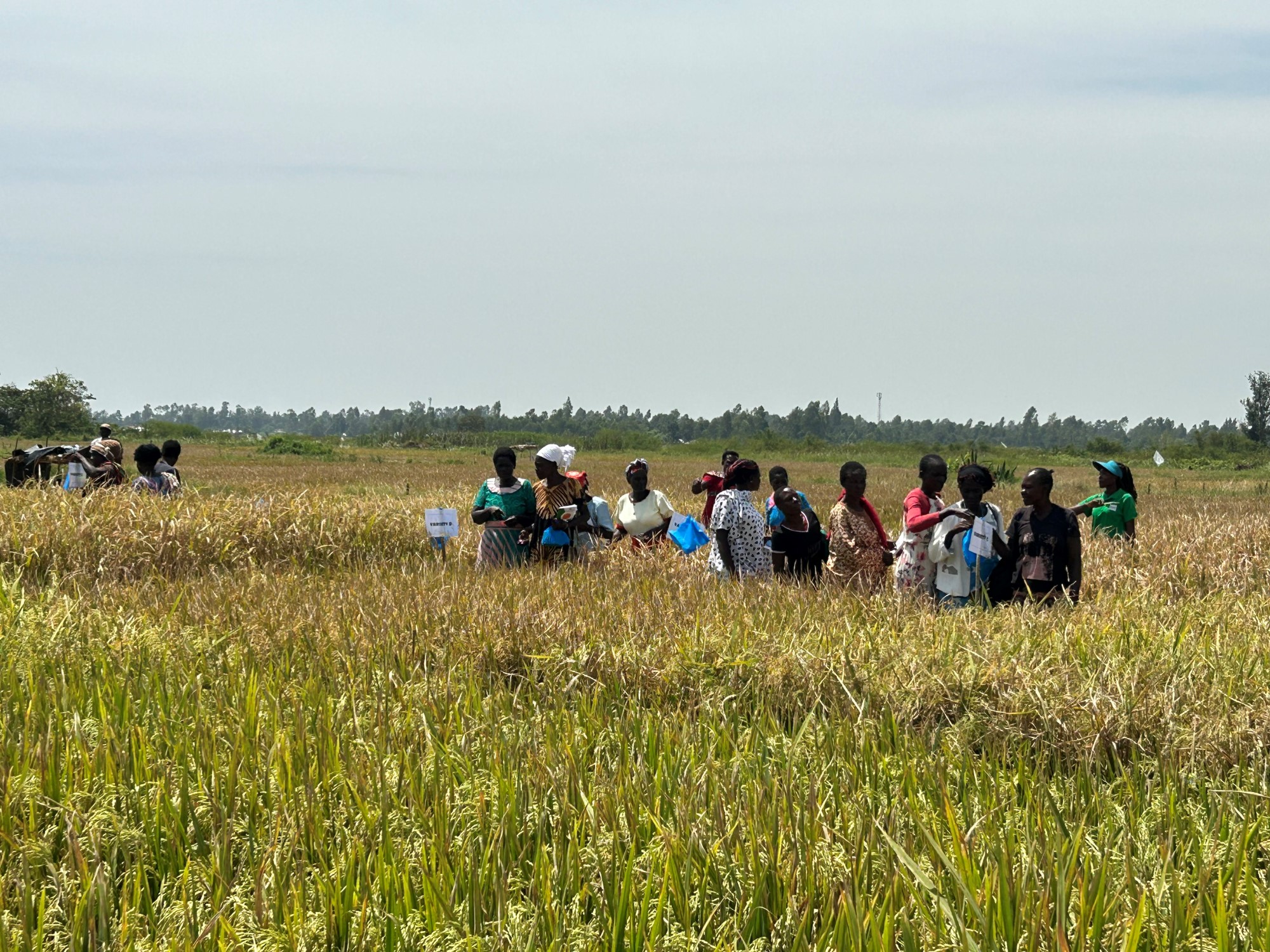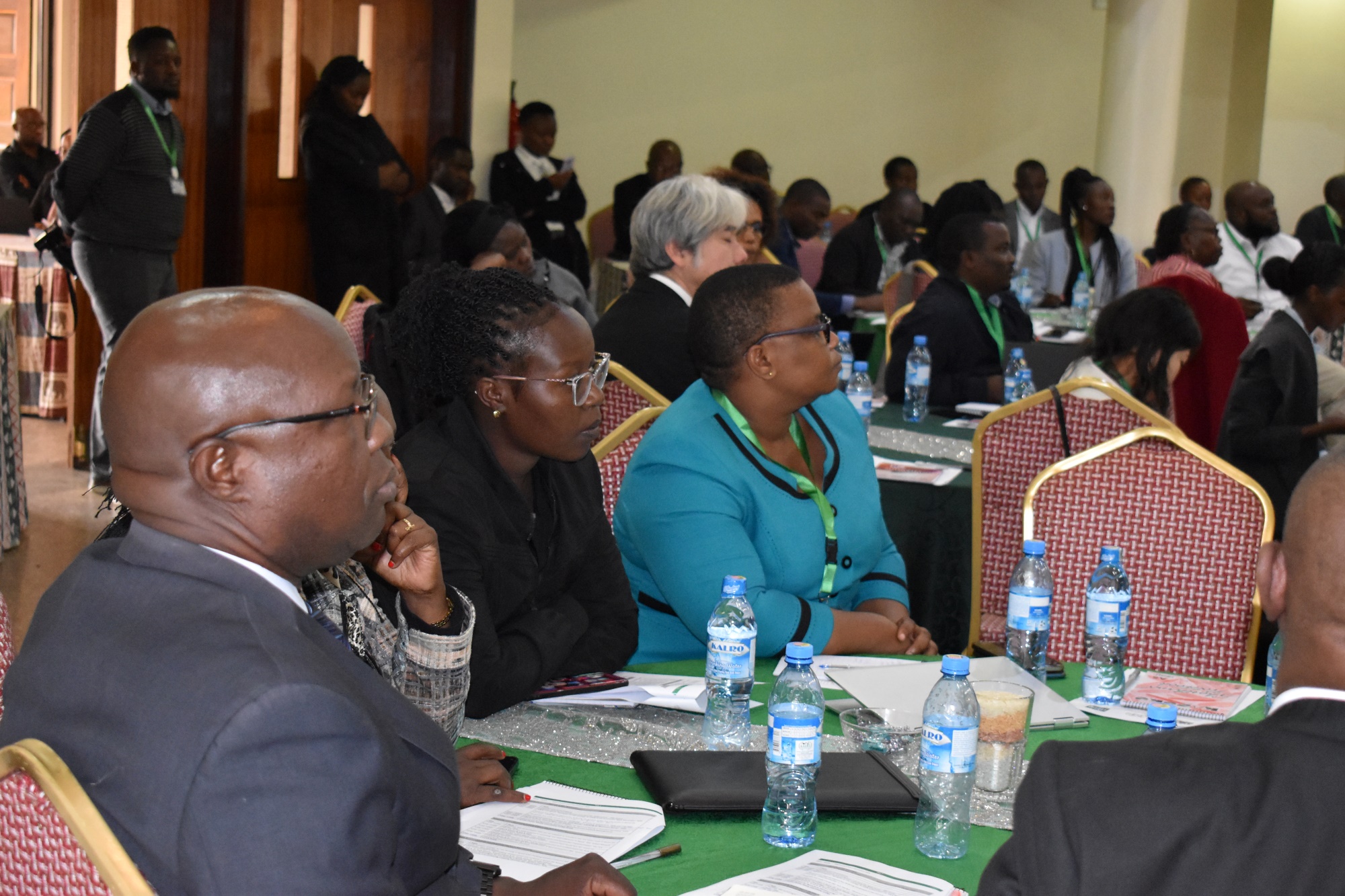Overview
Kenya is located in Eastern Africa, with coasts along the Indian Ocean. Its geography and climate vary greatly across its 47 counties, from the arid Chalbi Desert to the treescapes and wildlife of Masai and the snowcapped mountains of Mount Kenya.
Rice is the third most valuable staple crop in the country. In 2008, rice was recognized as a strategic crop for achieving food security which led to the development of Kenya’s National Rice Development Strategy (NRDS). The strategy aimed to contribute to the country’s agricultural transformation and economic growth by expanding rice production capacities. In the following decade, rice production indeed doubled. However, alongside this, demand and consumption significantly rose because of changing eating habits and the growing young population.
Climate change poses a huge threat to smallholder rice farmers, as reports show that extreme weather events such as droughts and floods are becoming even more frequent and intense. Sea levels are rising bringing more saline into the soil, making it difficult for farmers to cultivate rice. This is crucial since outside of the 80% irrigated rice farms, other smallholder farmers depend on rain for water supply.
With this, NRDS targets were updated for Phase 2 of its implementation to address the gaps identified during the first phase, specifically the production deficit, productivity gaps, lack of access to inputs and credit facilities, poor market infrastructures, and changing weather patterns among others. NRDS 2 will also focus on creating better markets and developing a functional seed system that can help smallholder rice farmers access improved varieties with better yield and therefore produce greater incomes.
IRRI works with national partners such as the Ministry of Agriculture and Livestock Development (MoALD) and Kenya Agricultural and Livestock Research Organization (KALRO), as well as key community partners like the Mwea Rice Growers Co-operative Society Ltd. (MRGM) by providing research and capacity-building support to smallholder rice farmers. IRRI facilitates the turnover of advanced machinery to help improve farmers’ productivity, incomes, and outcomes.

Rosemary Murori
IRRI Country Representative for Kenya
Office Address
ILRI C/O IRRI
PO Box 30709, Nairobi 00100, Kenya
Old Naivasha Road
Telephone Number: +254 711 033 678
